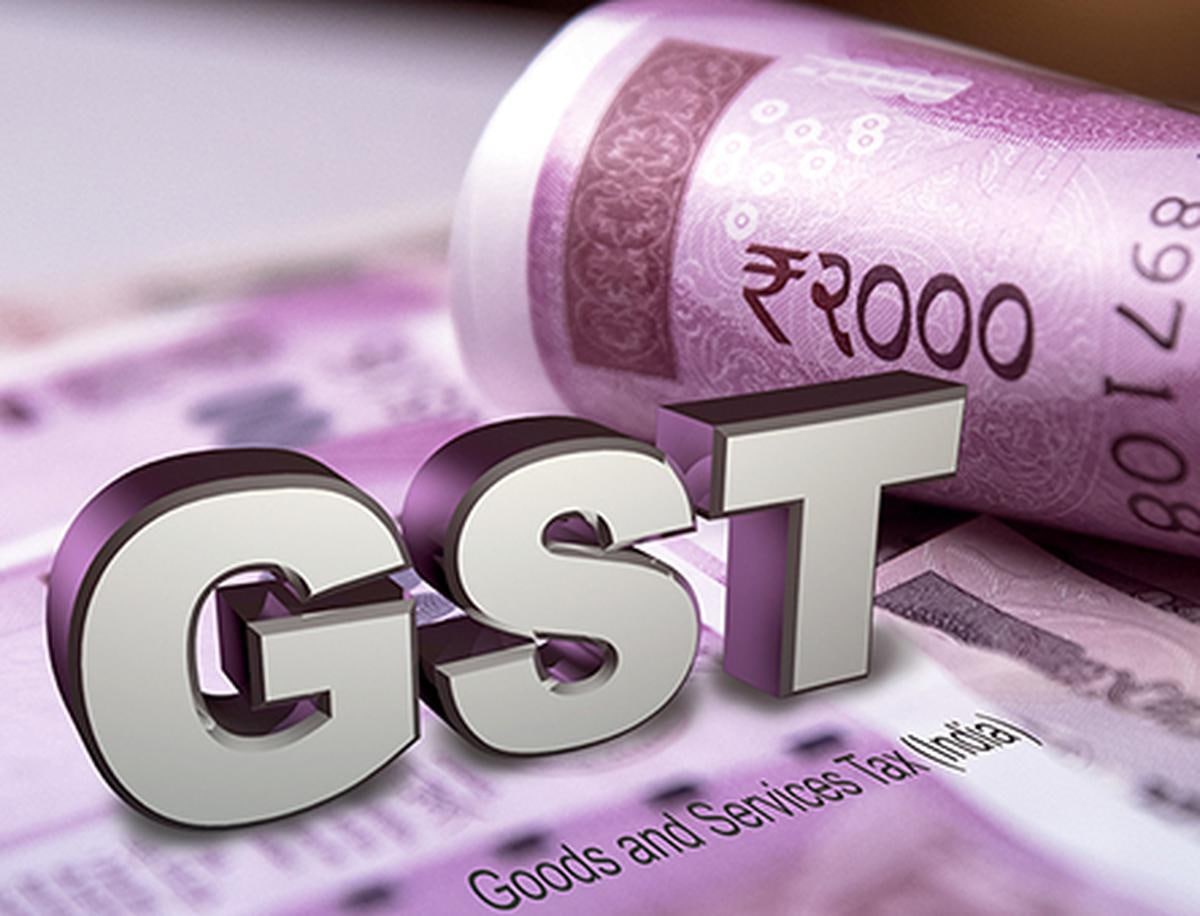Tax collections show consumers have been cautious about festive spending
India’s gross Goods and Services Tax (GST) revenues grew almost 11% this November to nearly ₹1.46 lakh crore. While this is only the tenth such occasion since the onset of the GST in July 2017 that revenues have been over ₹1.4 lakh crore, that mark has been consistently topped for nine months now. The two highest GST monthly receipts so far — over ₹1.67 lakh crore in April and ₹1.51 lakh crore in October — were partly bolstered by taxpayers filing quarterly returns. Discounting periodic spikes in compliance, one can possibly peg the ₹1.4 lakh crore as the new normal baseline for monthly GST revenues hereon. With almost ₹12 lakh crore already in the GST kitty this year, the Government is likely to end up with a not-insignificant surplus over its Budget. This is welcome fiscal headroom, especially since the Centre’s subsidy bill on items such as fertilizers and foodgrains has also surpassed the Budget math, and may help the Government stick to its fiscal deficit target. On the flip side, however, November’s GST revenues are not an enthusing indicator about the state of the broader economy.
The 10.9% overall GST revenue growth in November, reflecting transactions undertaken in October when the major festivals, including Deepavali, occurred — is the slowest uptick recorded since June 2021. November revenues were the lowest in three months and marked a nearly 4% dip from October’s kitty. E-way bills generation, broadly indicating outflow of goods from producers to the wholesale and retail supply chains, dropped a steeper 8.6% sequentially, perhaps as factories recorded higher downtimes amid extended holidays. One would have expected festive consumption to spike the GST intake despite the e-way bills decline, as inventories were already built up in anticipation. That effect appears muted and it is quite puzzling that revenues contracted year-on-year in as many as seven States, including Gujarat and Kerala. Growth in inflows from domestic transactions slowed from 18% in October to 8% last month, while revenues from imports of goods rose to 20% in November — a possible sign that the consumption recovery remains uneven, with goods consumed by higher income groups seeing a better rebound. December’s post-festival GST collections could yield a clearer picture, both on the sustainability of the headline revenue numbers and the growth trajectory of the economy. The GST Council, meeting this month after another prolonged gap, must expedite long-awaited action on pending issues to bolster compliance, and not lose sight of the larger, currently-deferred plan to rationalise the tax rates with a view to spurring broad-based and sustainable consumption growth.
